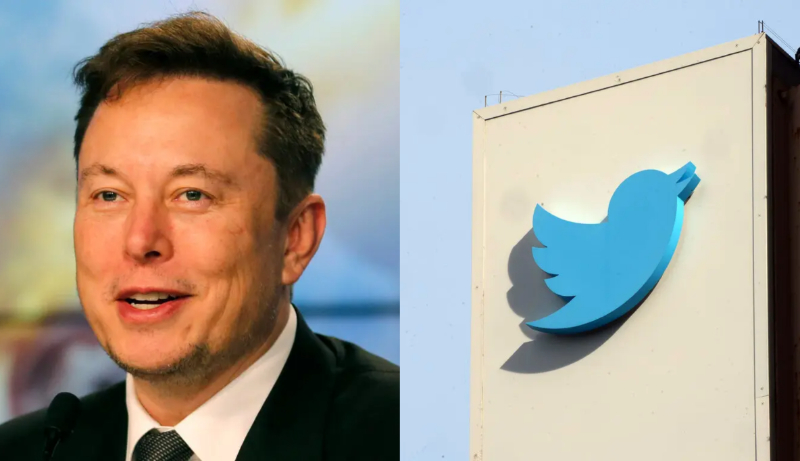Users and staff had expressed worries that Elon Musk’s proposal to award check marks to subscribers who paid a monthly subscription might be abused to foment unrest.
According to an internal post seen by The New York Times and two people with knowledge of the matter, Twitter will wait until after Tuesday’s midterm elections to begin rolling out verification check marks to customers of its new $7.99 per month subscription service.
A day after announcing that the program enabling users to receive a verification check mark on their profile for the monthly charge was going into effect, the business made the call. The business had announced on Saturday that the paid verification method was now a feature of the website’s subscription service, Twitter Blue, in notes that went along with a new update to the Twitter app.
“Power to the people,” the announcement said. “Your account will get a blue check mark, just like the celebrities, companies, and politicians you already follow.”
However, many Twitter users and staff members expressed concern that the new pay-for-play badges could lead to confusion ahead of Tuesday’s elections because users could easily create verified accounts — say, posing as President Biden or as lawmakers or news organizations and publishing false information about voting results — which could potentially sow discord. One Twitter employee questioned why the social network was “making such a risky change before elections, which has the potential causing election interference” in an internal Slack channel on Saturday.
A manager working on the verification badge project said on Sunday that “we’ve made the decision to move the launch of this release to Nov. 9, after the election.”
A request for comment from Twitter’s communications team, which has been nearly entirely eliminated, was not quickly fulfilled. On Tuesday’s election day, Nov. 9, many contests can still be up for grabs once the results are counted.
When Elon Musk purchased Twitter late last month for $44 billion, one of the modifications he made was to charge for the verification check mark program. The transaction, which the billionaire partially financed with $13 billion in debt, is putting financial strain on him. As the world economy edges closer to a recession, Twitter and other social media companies are seeing a decline in digital advertising spending.
About 3,700 positions, or about half of Twitter’s workforce, were cut by Mr. Musk on Friday. At the time, he claimed that the company was losing $4 million every single day and that he had no choice but to make the changes.
Additionally, Mr. Musk and his advisors have been debating alternative strategies to increase Twitter’s revenue. In addition to the check mark program, they have discussed introducing paid direct messaging, which would allow users to privately message well-known users, and “paywalled” films, which would prevent some videos from being watched unless users paid a price, to the service. They have also talked about bringing back Vine, a former platform for short videos.
On Sunday, Mr. Musk said Twitter would continue to crack down on accounts that pretend to be other people.
“Going forward, any Twitter handles engaging in impersonation without clearly specifying ‘parody’ will be permanently suspended,” Mr. Musk said in a tweet.


